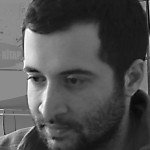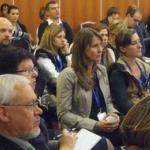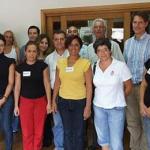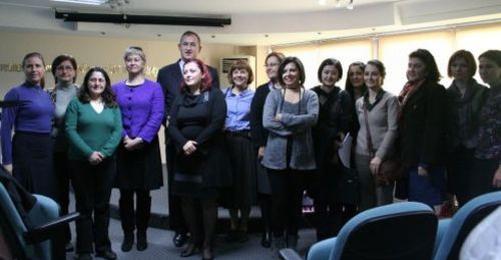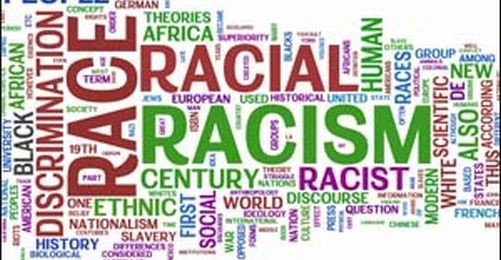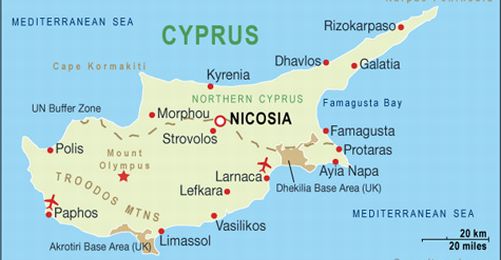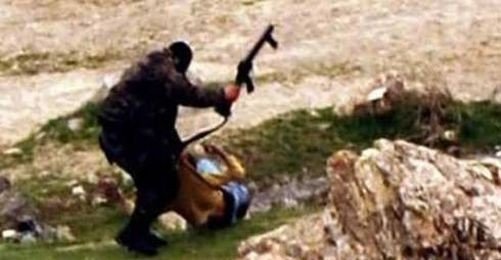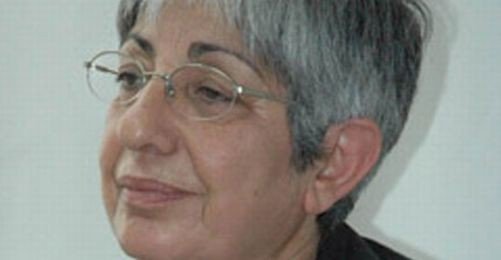A total of 121 non-governmental organization representatives from 28 provinces attended the seminars, previously held in Diyarbakir, Izmir and Ankara.
Despite some differences from one region to the other, all organizations working in the field of rights were critical of the media; they believe the media is overlooking their activities.
Nevertheless, the NGO representatives who attended the seminars agreed that they do not spend much time thinking about shaping public opinion or the communications processes within the organization. They all said the training seminars were beneficial.
Istanbul meeting
During the seminar, held in Istanbul and attended by 25 NGOs from Istanbul and surrounding provinces, the focus was on public relations practices of rights organizations, media relations and the research and reporting methods of NGOs.
The seminar was made up of presentations, workshops and discussions. NGO Project Advisor Fugen Ugur, Communications expert from Leo PR Ergun Gumrah, NGO expert from the Helsinki Citizens Assembly Sinan Gokcen and Erol Onderoglu who is responsible for the BIA ² Media Monitoring Desk, attended the seminar as trainers.
Ugur: "NGOs should be transparent and democratic "
Fugen Ugur, during her presentation on "The Notion of Rights Organizations, Examples from the World and Advocating, Public Relations Practices," examined rights organizations, NGOs on a conceptual level and said that the range of influence of these organizations are widening.
Ugur underlined that NGOs can put pressure on governments especially in the field of human, women's and children's rights and get positive results. She said such organizations are advocating social responsibility in the face of multinational companies and are improving and changing the codes of behavior.
Ugur added that the financial resources of NGOs are not transparent. She advocated that the bureaucratic structure, the absence of democracy within the organizations, and the intolerance towards criticism must change.
Ugur underlined the importance of making the decisions and activities of NGOs foreseeable and defensible.
Gumrah: "The aim is not to be in the media but it is to convey the message"
Ergun Gumrah from Leo PR, during his presentation on "Media Relations," talked about the foundation on which the NGOs should base their relations with the media on.
Gumrah said the important thing is not to be on the media, but to convey the message. He expressed that most of the time; the activity itself shadows the message.
Gumrah talked about the research, planning, implementation and evaluation stages of relations with the media. He said for successful communications, the majority of the time should be spend for good planning.
He also drew attention to the necessity to differentiate oneself to be able to convey the message successfully in this environment of mass information.
Gokcen: "Rights organizations should know the media well "
NGO expert Sinan Gokcen from the Helsinki Citizens Assembly also talked about strategies and methods the rights organizations should use in their relations with national or local media, drawing the media's attention in rights activities or rights violations, and strategies on news monitoring.
Gokcen said the rights organizations should look for ways to establish an egalitarian relationship with the media.
Gokcen advocated that organized movements can change the media, and especially correct the media in terms of rights violations. He said the NGOs should know the media very well in especially two aspects to be able to communicate successfully through the media:
* The capital/patron relations in the media
* Which editor deals with which issues
Following this, Ergun Gumrah analysed the "Silent Shoes" campaign by the Hope Foundation as a good example of using different channels.
If an NGO representative becomes a reporter...
On the second day of the seminar, the participants attended workshops where they evaluated the presentations. The participants, in groups, planned and presented a campaign each.
Gokcen, during these activities, underlined the importance of the language used by the rights organizations and said "We can train the media through the language we use."
Silan Temur from the Kocaeli branch of Mazlum-Der and Mahir Han from the Social Services Experts Association volunteered for the interviewing exercise.
Han, acted as a journalist and Temur answered questions on the students who are not accepted into universities because of their headscarves.
After the workshop, Gokcen reminded the NGO representatives that they have to use time efficiently, to prepare well and to convey their message in a persuasive and simple manner.
Onderoglu: "Use your right to access information "
Erol Onderoglu, who is responsible for BIA² Media Monitoring Desk, talked about the research and reporting methods for rights organizations.
Onderoglu listed argument, vehicles, findings and conclusion as the steps of research based on an allegation. He underlined the importance of archive studies and the right to access information.
Onderoglu also talked about the methods of interviewing victims and their relatives. He said the social and legal dimensions of the problem, the information and allegations, and the statements of the relatives of the victims and witnesses should all be in the research report.
He added NGOs should pay attention to the language they use in the report and underlined the importance of differentiating between allegations and findings.
Abdullah Karatay from the Social Services Experts Association said only the experts should meet with the victims and added the NGOs should prepare the necessary physical environment.
"We have found out how to become news"
The participants evaluated the two-day training at the end of the seminar and conveyed their criticisms and suggestions. The participants, who said they were generally happy with the training, said they will be more conscious about the communications problems from now on.
They demanded that there is wider participation and such activities are held more often.
The NGO representatives working in different fields said they were happy to meet on this occasion and added that exchange of ideas and cooperation should be improved between the organizations. The two-day seminar ended with BIA² Project Advisor Nadire Mater giving information on bianet and calling on all NGOs to contribute to the Web site to have their voices heard. (EU/EA/YE)




